#Renault
Meow: Another Double Dose of Schadenfreude From Carlos Ghosn
Shortly after his high-flying escape from Japanese semi-captivity in late 2018, former Renault-Nissan Alliance boss Carlos Ghosn got catty, marveling at what became of those two automakers after they dropped him from the phone directory.
Despite the coronavirus pandemic sinking profits and sales across the globe, Ghosn is pretty sure he knows what’s really to blame for Nissan’s current misfortunes.
Report: Ghosn Actually Does Appear to Have Been Set Up
Carlos Ghosn’s claim that he was the target of an industrial coup is looking a lot more valid this week after emails surfaced showing a high degree of internal organization regarding his ousting and subsequent criminal charges. The former head of the Renault-Nissan-Mitsubishi Alliance was infamous for wanting further integration within the pact. In fact, his aim was to make sure the tie-up became “irreversible.”
That idea never quite landed for Nissan leadership and Japanese shareholders, with many already holding the view that the alliance had already given French interests too much authority.
Emails dating back nearly one year before Ghosn’s November 2018 arrest clearly indicate top-level management at Nissan had a strong aversion to deepening ties with Renault. While understandable to a large degree, it’s counter to the claim that his removal was strictly about under-reported income and other financial malfeasance that were of particular interest to Tokyo prosecutors. At the very least, some actors at Nissan wanted to make sure the alliance patriarch suffered a massive loss of face while confronting allegations.
Maintain Your Distance: Renault Sets Boundaries for the French Government
Renault finds itself reeling from pandemic-related shutdowns and industrial partnerships that proved more troublesome than helpful. Its alliance partner, Nissan, has been incredibly wary of any further integration with the French company — providing a major distraction within the alliance, even as the situation on the ground worsened. They’re now trying to reorganize the partnership while addressing the crippling financial situation they’ve both been confronted with.
Any talks of a merger (something Nissan clearly doesn’t want) have been suspended so the automakers can focus on reducing operating costs (layoffs, product reorganization, etc.). The duo also sought financial help to offset money lost back when we were all still collectively handling the pandemic in a super serious manner. While Nissan was interested in landing private loans, Renault hoped to get its aid via the French government. However, Chairman Jean-Dominique Senard made it clear that not all help will be welcomed, especially if it means nationalizing the company.
Renault Scores Loan From Guess Who?
Renault — struggling, like all other automakers, from the body blow called COVID-19 — has secured a financial lifeline from an unsurprising source: the French government.
France, which holds a 15 percent stake in the automaker, signed off on a $5.6 billion rainy day fund for the company, guaranteeing 90 percent of the borrowed sum. That takes a fair bit off the heat off.
Renault Makes Like Nissan, Cuts Future Production, Spending, Jobs
The same week that Nissan outlined a supposedly sustainable path forward, alliance partner Renault did the same thing, revealing a blueprint for a streamlined business and pared-down workforce in the years ahead.
Annual production will be cut, plants will be shuttered, and about 15,000 employees will be let go, the automaker said. The company’s problem was thinking too big, its interim CEO remarked — something Renault’s former boss might disagree with.
Nissan and Renault Divvy Up Production Responsibilities
Nissan and Renault opted against a full merger on Wednesday, but neither side seemed to feel now was the time to disband the alliance and see how they might fare as a solo act. Every member of the Renault–Nissan–Mitsubishi Alliance took time to address financial concerns last year, encouraging further product integration as a cost-mitigation strategy. Despite Nissan shareholders and staff clearly losing interest in the French-led confederation, the brand seems to understand that leaning upon its allies might be the only way to get through a period of increasing economic uncertainty.
Mitsubishi slashed its 2020 financial forecasts ahead of the coronavirus pandemic by over $500 million while the other two issued numerous profit warnings in the latter half of 2019. Now the world is exiting lockdowns and assessing the economic damage they caused. Obviously, this is not the time to be burning bridges, even if some alliance partners aren’t enthralled with what’s probably waiting on the other side.
Report: Nissan to Put Alliance Partners to Work, Divvy Up Markets
Nissan’s new restructuring plan, due out at the end of the month, is coming together, and it seems the document will spell out which members of the Renault-Nissan-Mitsubishi alliance will go where. In the interests of efficiency and not stepping on each other’s toes, sources claim the plan will see each automaker pour themselves into key markets, rather than competing against each other.
This will have the effect of making maximum use of resources.
For the Nissan brand, that means North America, China, and Japan will become its main stomping grounds.
Renault Ends Chinese Partnership, Looks for a New Start
With the rippling economic effects of the coronavirus outbreak starting to take hold, some industry analysts have begun floating the increasingly popular theory that various markets could stage a retreat from China. While the Chinese Communist Party’s mishandling of the pandemic — including cover-ups (and the possible manipulation of the World Health Organization) that ultimately encouraged the virus’ spread — are often cited as the impetus for the change, the actual decisions will be largely economic. COVID-19 threatens countless nations’ financial welfare as it simultaneously disrupts global supply chains.
The virus has also sent the auto industry into a holding pattern as manufacturers and suppliers hemorrhage money. While the assumption exists that this situation could encourage international automakers to refocus on domestic production, there haven’t been many examples to point to. Renault changed that this week, announcing plans to abandon its joint venture with China’s Dongfeng Motor Corporation. The move, however, may have less to do with the presumed industrial exodus than the company’s general financial situation.
French Government Warns Renault Against Job Cuts, Factory Closures
Last week, Renault reported its first significant loss in a decade (€141 million) and a 3.3-percent decline in annual sales for 2019. It now expects a flat 2020 and claims it needs to commit itself to a €2 billion restructuring program over the next three years. Alliance partner Nissan also anticipates a weak year, and is doubling down on its own restructuring efforts by showcasing an eagerness to do whatever it takes to restore profitability.
However, the French government wants Renault to slow down and think about things before it starts shuttering local factories. Owner of a 15-percent stake in the automaker, it doesn’t wish to see its investment doing anything embarrassing. As such, French Finance Minister Bruno Le Maire warned the company to be exceedingly careful with how it handles business in France, urging it to avoid any measures that might negatively impact domestic employment rates.
New Arrest Warrants Issued for Carlos Ghosn and Accomplices
Tokyo prosecutors have issued warrants for the arrest of Carlos Ghosn and three Americans they claim helped him escape the country in December. His surprise arrival in Lebanon initially befuddled Japanese authorities, prompting the country to file a red notice with Interpol before releasing the latest warrant.
While a new development in the Ghosn saga, it doesn’t change much. The former executive still faces charges of financial misconduct stemming from his tenure with Nissan, but he now finds himself charged with violating Japan’s Immigration Control Law.
Japan’s take is that Ghosn fled the country to avoid justice (a backwards version of his own view). The former automotive executive and his wife, who is also wanted in Japan, have both stated publicly that they believe the country’s legal system would never allow Ghosn a fair trial, claiming officials worked with Nissan to help enact the industrial-grade coup that removed him.
French Fix: Renault Board Selects Next CEO
Renault has appointed the former boss of Volkswagen Group’s Seat brand, Luca de Meo, as its new chief executive. Eager to remove former CEO Thierry Bollore and further distance itself from any ties to Carlos Ghosn, the company has been without an official leader since October.
The automaker made an announcement Tuesday, saying that after a selection process led by the Governance and Compensation Committee, the Board of Directors under the chairmanship of Jean-Dominique Senard had settled on de Meo.
Clotilde Delbos, currently serving as interim CEO, will continue to assume her functions until Luca takes office at the beginning of July. Viewed as the most-likely successor since 2019, de Meo was simply waiting out the non-compete clause in his contract with VW. His official hiring still needs approval from Renault shareholders, with the next meeting taking place in April.
Nissan and Renault Chief Engineers to Meet, Rekindled Joint Projects on the Agenda
Anybody with more than a casual interest in the automotive industry will tell you the relationship between Nissan and Renault is falling apart. Even the alliance’s founder, executive-on-the-run Carlos Ghosn, says it’s on the cusp of going under. But existing employees have tried to be a little more optimistic, acknowledging that the business partnership has become strained while making suggestions to correct its course.
One plan involves pushing more collaborative projects, which is one of the main reasons for forming an industrial alliance. Renault Chairman Jean-Dominique Senard has already said both sides are committed to making the partnership succeed, citing joint projects as a primary focus. Alliance engineers will meet in Japan at the end of January to discuss new development programs — and attempt to revive a few that fell by the wayside.
No Mutiny Here, Says Renault-Nissan Alliance Chairman
Rumors that the Renault-Nissan-Mitsubishi alliance could be in danger of breaking up are unfounded, said alliance chairman Jean-Dominique Senard on Thursday.
The chairman was responding to reports of a contingency plan in the works at Nissan, one aimed at guiding the Japanese automaker away from its French partner in a stable fashion in the event of a split.
Don't Do What Carlos Ghosn Did: Yamaha
What’s a motorcycle and snowmobile builder doing talking about fallen Renault/Nissan boss Carlos Ghosn? It isn’t. The headline refers to the other Yamaha, maker of boxes big and small, among other things.
Nissan Working on Contingency Plan in Case Things Go South With Renault
Despite Nissan and Renault spending much of 2019 attempting to reassure the world that their 20-year relationship was soundly intact, fractures have been impossible to hide from the public. If you want an analogy, imagine a carton of milk being left to curdle near a radiator and someone attaching a post-it note that reads “fine for drinking.”
While legitimate efforts to fix the relationship have been made (parts sharing, more collaborative projects, management changes, etc.), a lot of it has been undercut by the Renault-Nissan-Mitsubishi Alliance attempting to cleanse itself of the old guard — many of whom had ties to former alliance chair Carlos Ghosn. At the same time, Nissan has sought autonomy from the French automaker, enacting corporate reforms to give it a bit more independence. It also has a cogency plan ready in the event it has to break from Renault entirely; reportedly, Nissan’s been updating that strategy ever since Ghosn escaped Japanese custody last month.







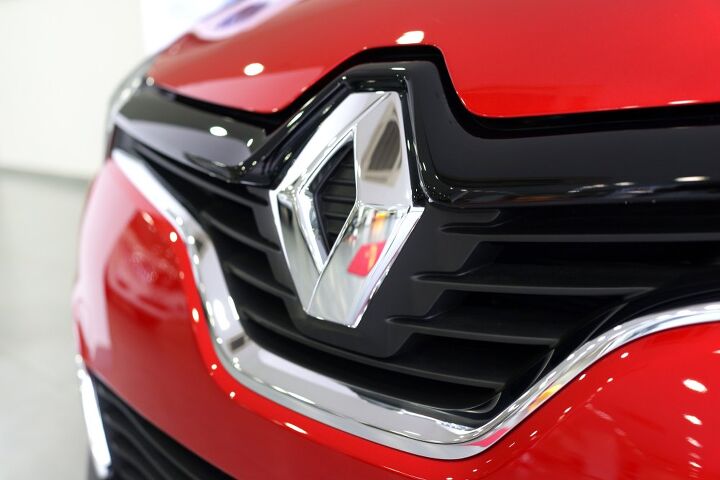
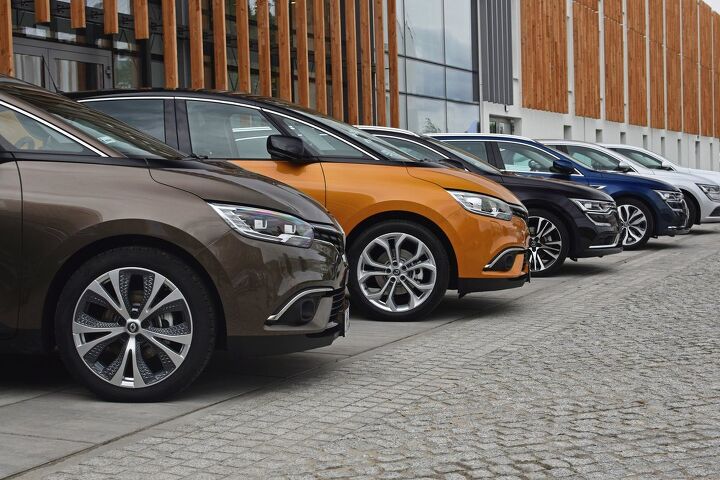

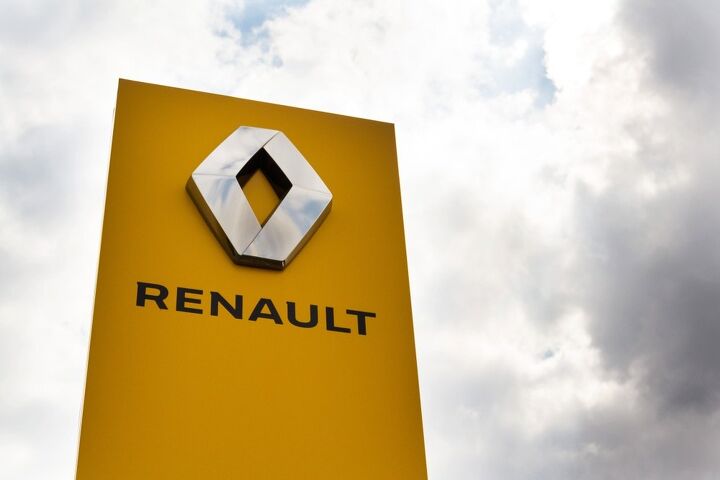
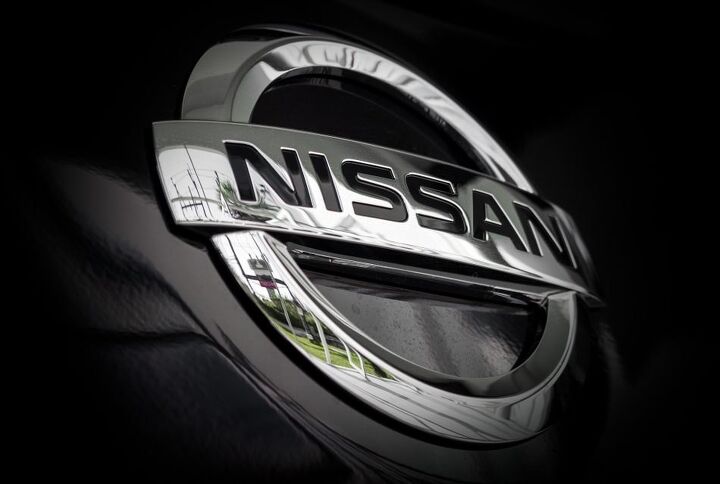
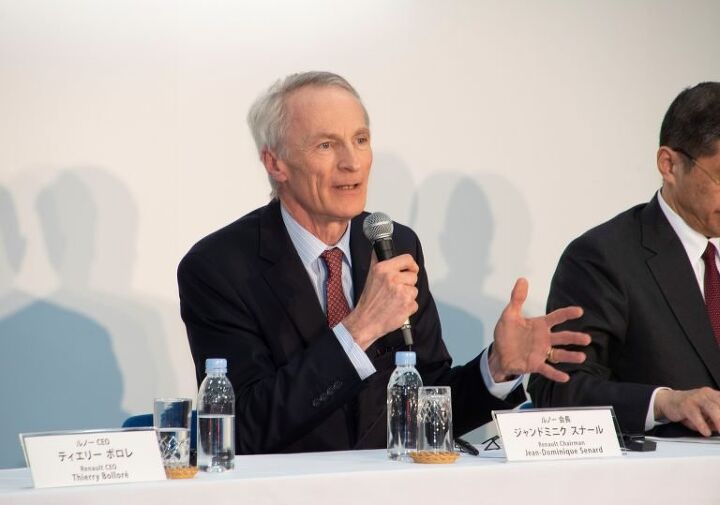













Recent Comments